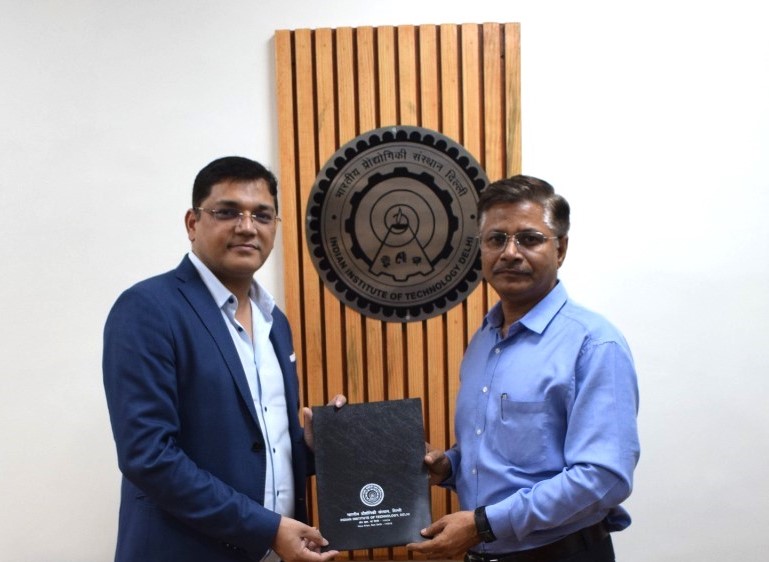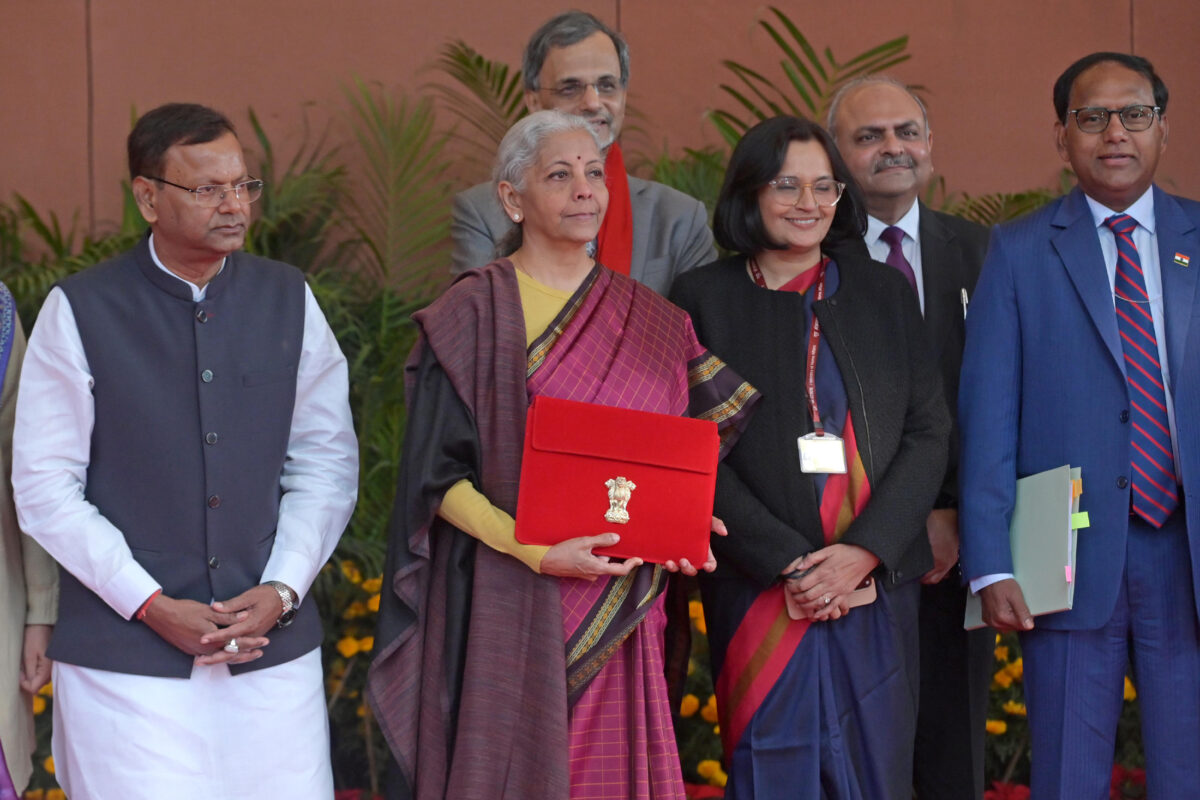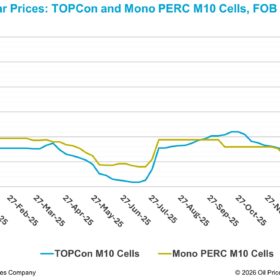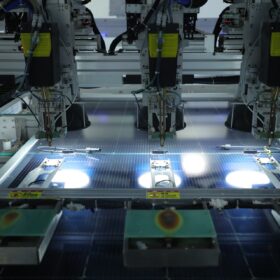VFlowTech, a long-duration energy storage solutions provider, has entered into a strategic collaboration with the Foundation for Innovation and Technology Transfer (FITT) – the industry interface of the Indian Institute of Technology Delhi (IIT Delhi) – to research into recovering high-purity vanadium from petroleum coke (petcoke) cinder, a byproduct generated from India’s vast refining industry.
The initiative aims to establish India’s first circular vanadium ecosystem,converting refinery waste into battery-grade vanadium pentoxide (V₂O₅)—a critical material used in next-generation long-duration batteries that support grid stability and renewable energy deployment.
Backed by its recent $20 million Series A+ funding, VFlowTech is advancing local research and development capabilities, and supporting a ‘Made-in-India’ vanadium value chain for vanadium redox flow batteries.
“India’s refinery scale presents a unique opportunity to build a homegrown vanadium ecosystem. By repurposing waste into battery materials, we’re addressing energy security and industrial sustainability in one step,” said Dr. Avishek Kumar, Co-Founder and CEO of VFlowTech.
“We are delighted to be a part of this transformative initiative. By establishing India’s first circular vanadium ecosystem, we aim to support the vision of creating renewable energy capacity of 500 GW by 2030. This partnership will further take India’s clean energy transition to newer heights by strengthening the domestic supply chain ecosystem,” said Professor Anil Verma, Department of Chemical Engineering, IIT Delhi.
As per the industry estimates, the global vanadium redox flow battery manufacturing market is on the verge of robust growth between 2025 and 2030 at a compound annual growth rate (CAGR) of around 20-25%. This growth is driven by increasing demand for large-scale energy storage solutions by diverse sectors to support renewable energy integration and grid stability. The Asia-Pacific region is expected to dominate both production and deployment backed by government incentives.
India added a record 29.52 GW of renewable energy in FY 2024-25, with total capacity reaching 220.10 GW, according to the Ministry of New & Renewable Energy (MNRE)—putting the country on track to meet 500 GW of non-fossil fuel capacity by 2030 under PM Modi’s ‘Panchamrit’ pledge. It is also one of the world’s largest oil refiners, but currently imports most of its vanadium, leaving a gap in energy storage supply chains. The waste from the refineries produces large amounts of petcoke cinder, which contains significant vanadium content. This collaboration will fill that gap by extracting vanadium domestically from petcoke waste, advancing both economic and environmental sustainability.
VFlowTech’s vanadium redox flow battery systems, known as PowerCubes, are designed for high-efficiency, long-duration storage. Unlike conventional batteries, PowerCubes boast a compact Power Stack design, maximising energy density while minimising space usage. Their round-trip efficiency surpasses industry standards, ensuring minimal energy loss during storage cycles. Another standout feature is their ability to operate in extreme temperatures exceeding 55°C, making them ideal for tropical climates where lithium batteries struggle.
This content is protected by copyright and may not be reused. If you want to cooperate with us and would like to reuse some of our content, please contact: editors@pv-magazine.com.









By submitting this form you agree to pv magazine using your data for the purposes of publishing your comment.
Your personal data will only be disclosed or otherwise transmitted to third parties for the purposes of spam filtering or if this is necessary for technical maintenance of the website. Any other transfer to third parties will not take place unless this is justified on the basis of applicable data protection regulations or if pv magazine is legally obliged to do so.
You may revoke this consent at any time with effect for the future, in which case your personal data will be deleted immediately. Otherwise, your data will be deleted if pv magazine has processed your request or the purpose of data storage is fulfilled.
Further information on data privacy can be found in our Data Protection Policy.